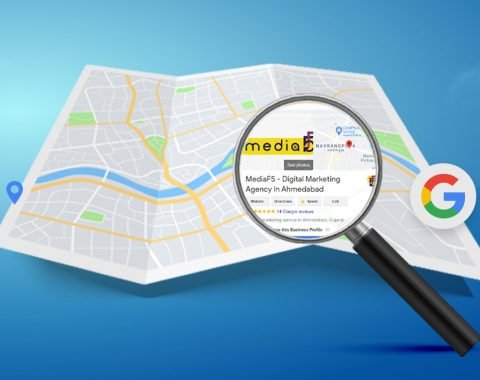Facebook has made headlines and captured everyone’s attention across the entire globe with its plans to rename its renowned and iconic company to Meta. Meta is a Greek word that means “beyond”. Mark Zuckerberg, CEO of Facebook, symbolizes the fact that there is always something to build more. He explains that the re-branding exercise was motivated by the fact that changing the company’s name was necessary to reflect the multiple services and platforms it owns, including WhatsApp, Instagram and Messenger. The Facebook brand is so tightly linked to one product that it wasn’t able to represent everything that the company is doing today, let alone what it wants to do in the future.
The massive Facebook rebranding to Meta was necessary to better reflect its range of services and futuristic vision.
Facebook is trying to focus on the vision that connection is evolving, and so are we. What was formerly known as Facebook Inc., the parent company behind the namesake app, as well as Instagram, WhatsApp, Messenger, and the virtual reality company Oculus is now called Meta Platforms Inc. The move is a nod to the metaverse, an immersive next-generation version of the internet that relies heavily on virtual reality technology. The social media platform Facebook, along with WhatsApp and Instagram would retain its name under the rebranding. The umbrella company was changing its name to better reflect its range of services.
The tech giant envisions itself as a forward-looking creator of a new digital world known as the Metaverse.
What is Metaverse?
The metaverse is the next evolution of social connection. It is essentially a world of endless, interconnected virtual communities, where people can meet, work and play using virtual reality headsets, augmented reality glasses, smartphone apps or other devices. Instead of browsing or sending messages online, you could feel like you’re physically there, interacting with virtual versions of real people, places, and stores. It would blur the lines between the physical world and the digital one.
Meta aims to move beyond 2D screens toward immersive experiences like augmented and virtual reality to help build the next evolution in social technology. If the internet is two-dimensional—text and images on flat screens—think of the metaverse as three-dimensional and multi-sensory including touch. The metaverse doesn’t really exist; at least not yet. It is decades away from existence. It’s a possible, and currently-in-progress future. But Facebook and other private companies appear set on defining, creating and perhaps owning the metaverse for themselves in the future.
Facebook’s name change seems aspirational. A company that was launched from a college dorm room many years ago has become a conglomerate encompassing leading social media platforms and a nascent payments and hardware business, leading some experts and insiders to say that the company was long overdue for a name change. With such a visionary and passionate drive to create a completely digitized and futuristic world is a gateway for people and the company to look forward to a positive and exciting future. A future made for all of us.



